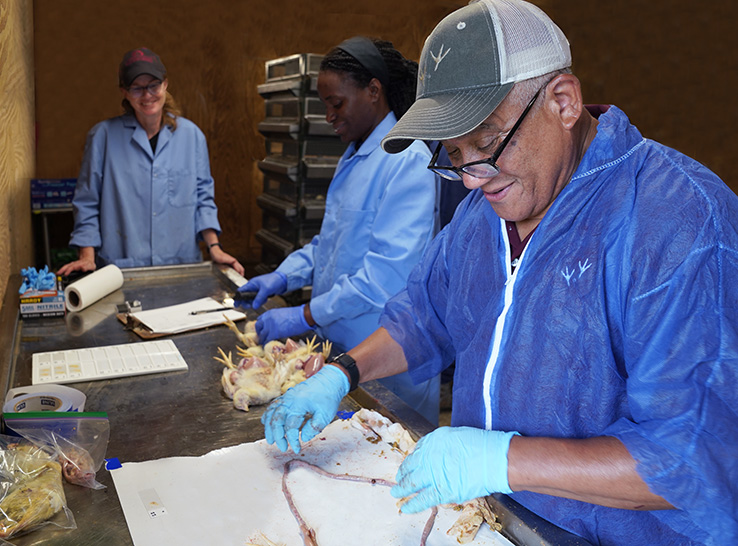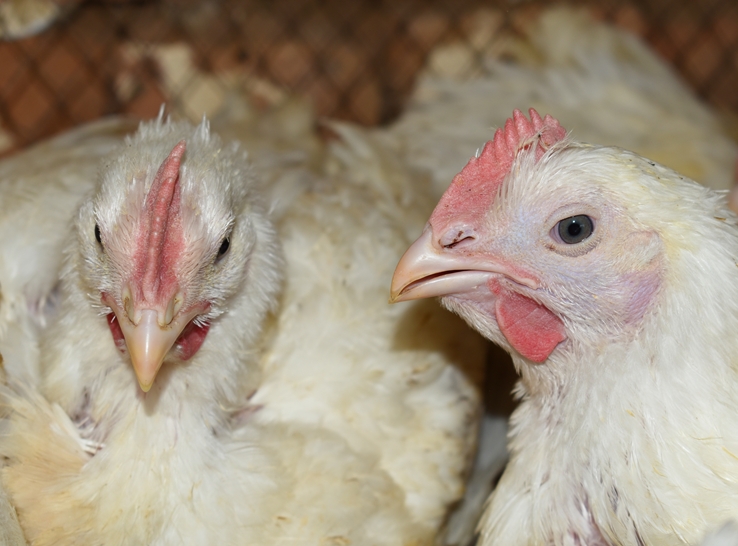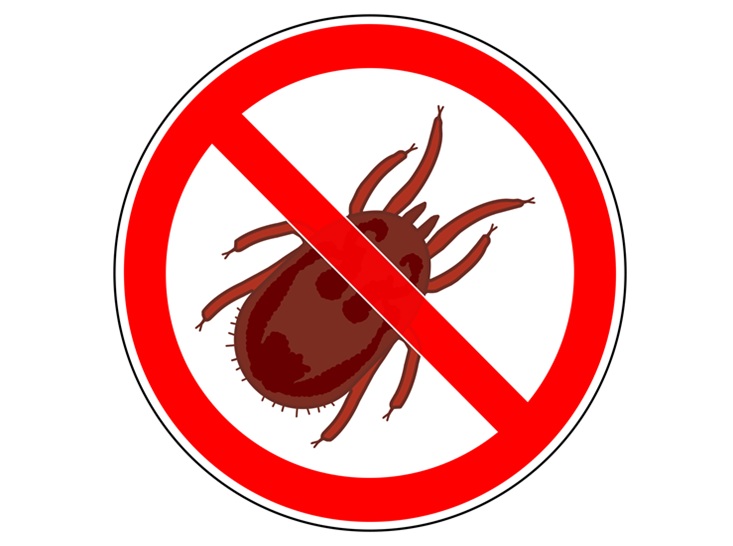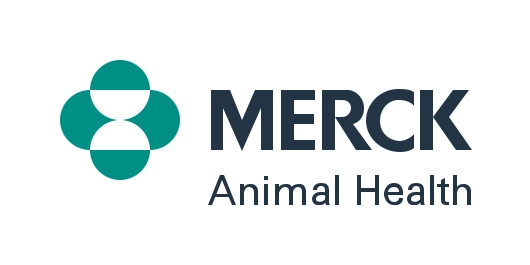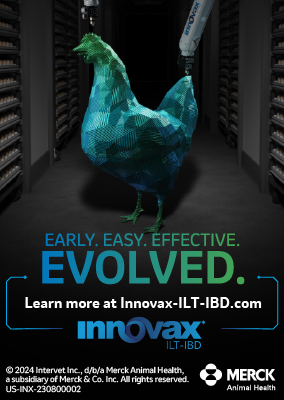Abstract: Interventions in broiler breeders used to reduce mortality associated with avian metapneumovirus subtype A
Historically, only Avian Metapneumovirus (aMPV) subtype C was found in the United States and was limited to turkeys. But in 2024, aMPV subtypes A and B swept through the country’s flocks of both turkeys and chickens.
With traditional biosecurity measures seemingly ineffective and no vaccination options available at the start of the outbreak, veterinarians were limited in their ability to manage the spread and mortality associated with aMPV.
This proved no less true across four broiler-production complexes in Texas. Antibody titers from these complexes verified that aMPV subtype A was present in more flocks than suspected. In addition, evaluation of retained serum proved the disease had also been present in the area for longer than believed.
With prevention seemingly impossible, controlling the secondary bacterial infections common to aMPV became the best option to reduce mortality.
In a world rightly concerned with the judicious use of antimicrobials, treatment was originally withheld until clinical signs appeared. This proved to be inadequate; a policy of treating the entire farm with oxytetracycline as soon as signs appeared in any of the houses was implemented for the breeder farms.
A retrospective analysis of the policy found that treating the entire farm prevented the loss of up to 1.07% of breeders. This translated to a savings of $2,140 in pullet costs per house with the potential to produce an additional 12,947 broiler chicks.
An experimental autogenous aMPV vaccine was later implemented to further control clinical signs and evaluation of its effects is ongoing.
This study was conducted by Stanley Cooper, Texas A&M University College of Veterinary Medicine, College Station, Texas; Robinette Gilbert, Wayne-Sanderson Farms, Palestine, Texas; and Emma Castillo, Merck Animal Health, Hunstville, Alabama. It was presented at the 2025 conference of the American Association of Avian Pathologists.
For more information about the aMPV autogenous vaccine available from Merck Animal Health, click here.

